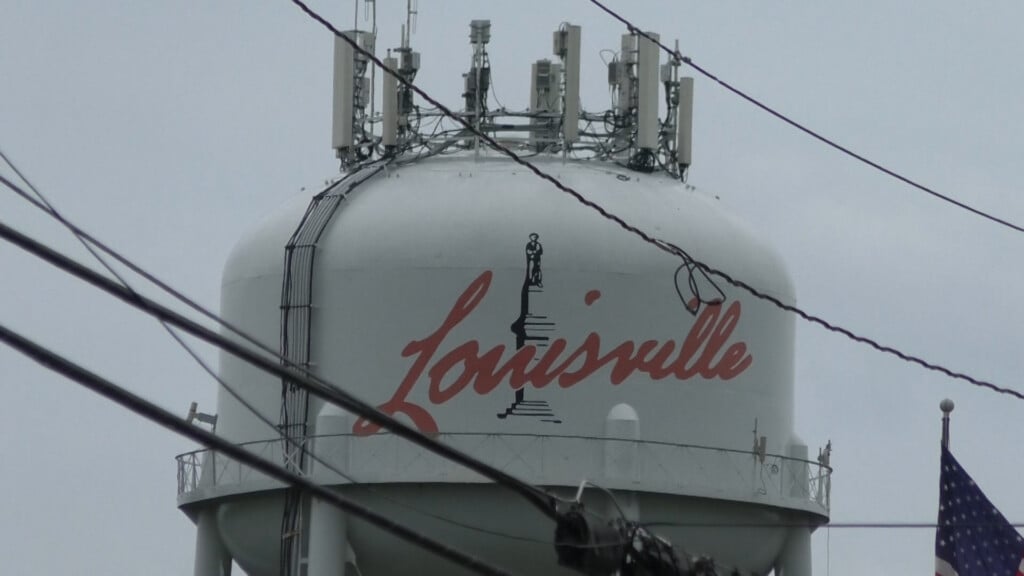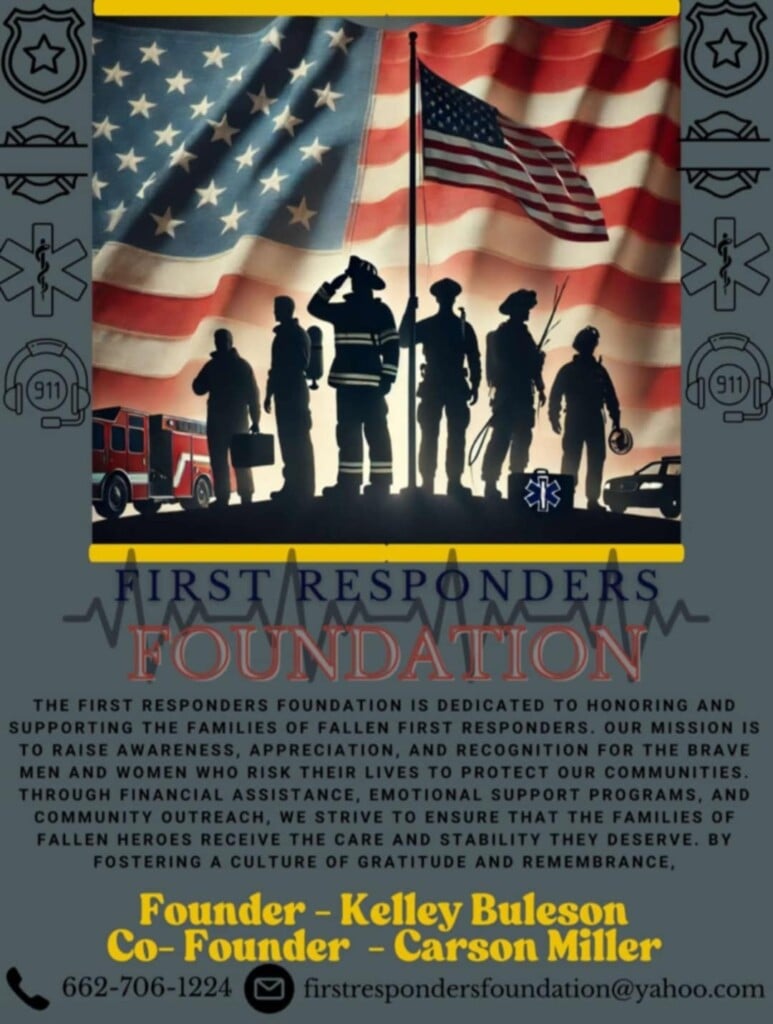The order, however, does not extend to businesses and operations that are considered essential in the state.
This means that they do not have to abide by the 10-person limit recommended by the CDC.
The list of essential businesses and operations, as listened in the executive order, are as follows:
• Essential Government Functions: Public safety and first responders, law enforcement, fire prevention and response, courts and court personnel, military, emergency management personnel, corrections, probation and parole, child protection, child welfare, EMTs, 911 call center employees and all workers and vendors that support law enforcement management operations and services.
• Essential Healthcare Operations: Hospitals, clinics, research and lab operations, nursing homes, residential health care facilities, congregation care facilities, assisted living facilities, elder care, medical wholesale and distribution, home health workers and aids, medical supply and equipment manufacturers and providers, medical waste disposal, hazardous waste disposal and other ancillary healthcare services.
• Essential Infrastructure: Power generation, nuclear facilities, utility poles and components, fuel and transmission, petroleum producers, suppliers and distributers, supply chain companies, telecommunications and customer support, electronic security and life safety services, wireless communications, communications sales and customer support, telecommunications and data centers, cyber security operations, flood control, operations of dams, aviation, airports, ports, roads and highways, mass transit, automotive sales and repairs, vehicle rental services, taxi and network providers, freight and passenger rail, pipelines, transportation infrastructure, public water and waste water, hazardous waste disposal, hotels and commercial lodging services.
• Essential Manufacturing: Food processing and production, pharmaceuticals, food additives, medical equipment, medical devices and supplies, technology, biotechnology, chemicals products, telecommunications products, automotive production and suppliers, healthcare, energy, steel and steel products, fuel and petroleum exploration and production, lubricants, greases and engine oils, mining, national defense, sanitary and cleaning products, household products, personal care products and products used by other essential business or option.
• Essential Agriculture and Farming: Food cultivation, livestock, cattle, poultry and seafood operations, livestock auctions, feedlots, dealers and brokers of livestock, livestock transporters, farmer’s markets, feed stores, repair of agricultural equipment, gas, diesel and petroleum suppliers, aquaculture, horticulture, chemicals (including pesticides), herbicides and fertilizer producers and distributors, forest products businesses including those involved in forests operations, logging, manufacturer or lumber and paper products, meat processing facilities, rendering facilities and transporters, feed processing facilities and veterinary services.
• Essential Retail: Supermarkets, food and beverage stores, food providers, convenient stores, pharmacies, hardware and building materials, gas stations and restaurants or bars (but only when 10 people or less are gathered together at a single time).
• Essential Services: Trash collection, mail and shipping services, home repair, automotive sales and repair, warehouse, distribution and fulfillment centers, laundromats and laundry services.
• Essential Media: Newspapers, digital news sites, television, radio and other media services.
• Essential Financial Services: Banks and related financial institutions, insurance, payroll, accounting, processing financial transactions and services related to financial markets.
• Essential Professional Services: Legal services, accounting services, insurance services and real estate services.
• Essential Professional Services: Legal services, accounting services, insurance services and real estate services.
• Essential Providers of Basic Necessities to the Economically Disadvantaged: Food banks, foster care, homeless shelters and congregate care facilities.
• Essential Construction and Construction Related Services: Building and construction, lumber, building materials and hardware, electricians, plumbers, exterminators, cleaning and janitorial, HV ACR and water heating industry, painting, moving and relocating services and other skilled trades.
• Essential Services to Maintain Safety and Sanitation: Law enforcement, fire prevention and response, firearm and ammunition manufacturers and retailers, building code enforcement, security, emergency management and response, building cleaning including disinfection, automotive sales and repair, mortuaries and cemeteries.
• Essential Vendors: Logistics and technology support, child care programs and services, medical waste disposal and hazardous waste disposal.
• Essential Religious Entities: Religious and faith-based facilities, religious gatherings. (Can not exceed 10 person limit.)
Copyright 2020 WLBT. All rights reserved.





Leave a Reply